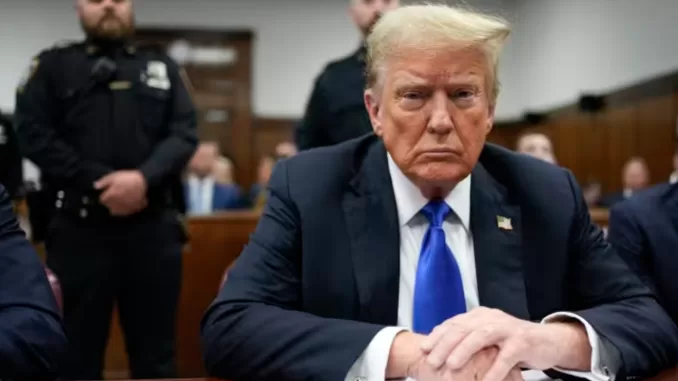
Special Counsel Jack Smith has moved to dismiss federal criminal cases against President-elect Donald Trump, citing longstanding Department of Justice (DOJ) policy that prohibits the prosecution of a sitting president. This decision pertains to two major cases: one involving allegations of election interference during the 2020 presidential race, and the other concerning the retention of classified documents post-presidency.
The DOJ’s policy, rooted in constitutional considerations, asserts that a sitting president cannot be indicted or prosecuted, ensuring that the executive branch can function without undue legal encumbrances. Smith’s motion to dismiss aligns with this doctrine, acknowledging that continuing the prosecutions would conflict with established legal precedents.
The election interference case centered on accusations that Trump attempted to overturn the results of the 2020 election, culminating in the events of January 6, 2021. The indictment included charges of conspiracy to defraud the United States and obstruction of an official proceeding. Despite the gravity of these allegations, the DOJ’s policy necessitates the cessation of such prosecutions once the individual assumes the presidency.
Similarly, the classified documents case involved charges that Trump unlawfully retained sensitive government materials at his Mar-a-Lago residence after leaving office. The indictment alleged violations of the Espionage Act and obstruction of justice. However, with Trump’s re-election, the DOJ’s policy again precludes the continuation of this federal prosecution.
In his filing, Smith emphasized that the decision to dismiss does not reflect on the merits of the cases but adheres strictly to constitutional constraints. He stated, “The Department has determined that the Constitution’s prohibition on federal indictment and prosecution of a sitting President applies to this situation and that as a result, this prosecution must be dismissed before the defendant is inaugurated.”
The dismissal of these federal cases has elicited varied reactions. Trump’s communications director, Steven Cheung, hailed the move as a “major victory for the rule of law,” asserting that it vindicates the President-elect and underscores the political nature of the charges. Conversely, critics argue that this outcome highlights a systemic issue where a sitting president is effectively insulated from legal accountability, potentially undermining the principle that no one is above the law.
Suffice it to say that, while federal prosecutions are being dismissed, Trump still faces legal challenges at the state level. Cases in New York and Georgia, which involve allegations of financial misconduct and election interference respectively, remain active. However, the status of these cases is uncertain, as state prosecutors may face challenges in pursuing actions against a sitting president, and some proceedings may be delayed or dismissed in light of his re-election.
The financial implications of the special counsel’s investigations have also been a point of discussion. Reports indicate that Smith’s extensive investigative efforts have cost over $35 million, raising questions about the allocation of resources and the efficacy of such high-profile probes, especially when they culminate in dismissals due to constitutional protections.
Looking ahead, Smith is expected to step down from his role before Trump’s inauguration. This transition marks the conclusion of an unprecedented period in U.S. history, during which a former president faced multiple federal indictments while simultaneously campaigning for re-election.
The broader implications of these developments are profound. They underscore the complexities inherent in prosecuting a sitting president and the delicate balance between upholding the rule of law and respecting constitutional safeguards. Legal scholars and policymakers may now be prompted to re-examine existing policies to address potential gaps that allow for executive immunity, ensuring that accountability mechanisms are robust and effective.
In the political arena, Trump’s dismissal of these cases is likely to bolster his narrative of being unfairly targeted by political adversaries, a theme that has resonated with his base. As he prepares to assume office once again, the interplay between his legal battles and political strategies will continue to shape the national discourse.
This historic dismissal of federal cases against President-elect Donald Trump by Special Counsel Jack Smith reflects adherence to DOJ policy and constitutional principles. While it brings an end to specific legal proceedings at the federal level, it also ignites ongoing debates about presidential accountability, the scope of executive power, and the integrity of the judicial system in navigating the complexities of prosecuting high-ranking officials.
